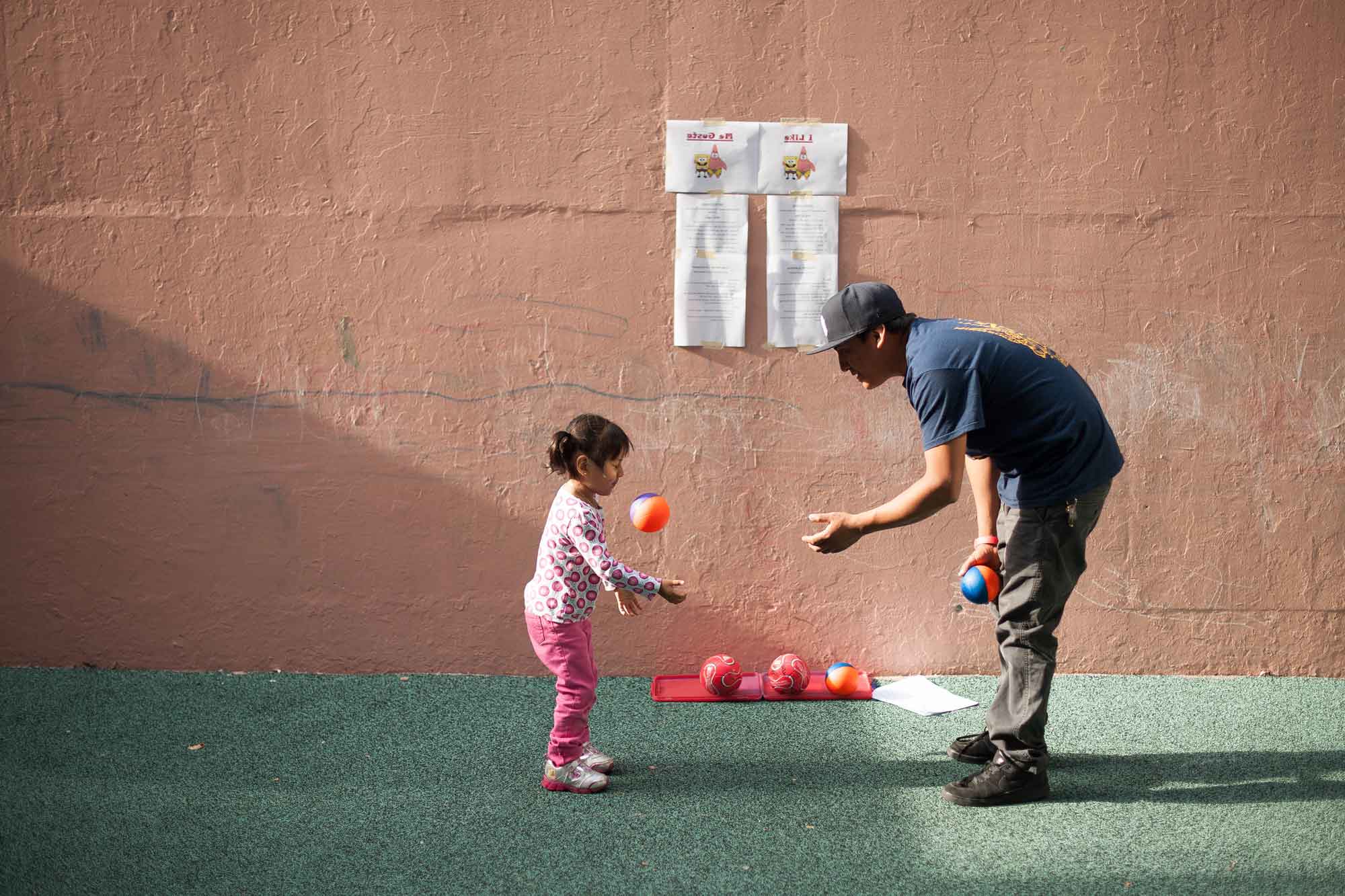
The CORE Institute for Healing in the Helping Professions
The Helping Professions – from education, to healthcare, to nonprofits – are in crisis.
The challenges since 2020 catalyzed heroic levels of innovation, adaptability, and resilience in human services programming. Sadly, the same cannot be said for the systems that manage their work.
Play At The Core’s mission to inspire healing and change through play grows more urgent amid the evolving challenges confronting the helping professions. As we begin to emerge from the pandemic, baseline exposure to toxic stress and a need for mental health services among children, and the adults who work with them, is greater than ever before. Without changes that better prioritize the mental health and wellness (Woolley-Wilson, 2021) of this workforce, the education and human services sectors run the risk of grinding to a halt.
The truth is: We are facing a critical moment within the helping professions that will shape the trajectory of the sector for the coming generation. In light of your organization’s collective experiences since 2020, how are you thinking about the process of healing and recovery for your organizational teams?
Introducing the CORE Institute
To partner with organizations as they become the authors of a new healing-centered paradigm for their work, Play At The Core is thrilled to announce the design of an innovative, experiential learning hub guided by what we call the CORE Model (Collective Organizational Resilience through Empathy). To launch the CORE Institute for Healing in the Helping Professions, Play At The Core is teaming up with Dr. G’s Lab – a user experience (UX) firm focusing on trauma-informed research and design – founded by psychologist, Dr. Bre Gentile, the Senior Product Designer and Researcher with Center for Youth Wellness (a program of Safe & Sound).
CORE is grounded in a research-based framework, designed to result in healthier organizational culture, increased workforce wellbeing and retention, enhanced leadership competence, more effective delivery of services, and improved outcomes for children and communities alike (Esaki, 2013). Through work with leadership cohorts, CORE will co-design and facilitate unique programming for members of the helping professions workforce that aims to celebrate their work’s impact, make meaning of the challenges they face, and build a new healing-centered paradigm for their work.
Workforce Repair and Recovery Through Play
As we recover in the months and years ahead, the C.O.R.E. Institute hopes to help forge a new paradigm of healing – one where children, and adults who work with them, feel more connected, creative, and inspired as they confront challenges, generate change, and thrive.
Join us on Monday, October 3 as we share the research guiding this work, experience sample programming, and our vision for this new learning community.
Participation is FREE and open to any members of the helping professions.
This is our moment to build a new paradigm of healing.
SOURCES
-
- Bethell, C., Jones, J., Gombojav, N., Linkenbach, J., & Sege, R. (2019). Positive childhood experiences and adult mental and relational health in a statewide sample: Associations across adverse childhood experiences levels. JAMA pediatrics, 173(11), e193007-e193007.
- Bloom, S. L. (2010). Trauma-organized systems and parallel process. Managing trauma in the workplace — Supporting workers and the organization, 6, 139-53.
- Citizens’ Committee for Children of New York. Voicing our future: Surveying youth on their priorities for 2021 and Beyond. (2021, June 21). Retrieved March 9, 2022, from https://cccnewyork.org/voicing-our-future-surveying-youth-on-their-priorities-for-2021-and-beyond/
- Esaki, N., Benamati, J., Yanosy, S., Middleton, J. S., Hopson, L. M., Hummer, V. L., & Bloom, S. L. (2013). The sanctuary model: Theoretical framework. Families in society, 94(2), 87-95.
- Ginwright, S. (2018). The future of healing: Shifting from trauma informed care to healing centered engagement. Medium. Retrieved March 23, 2022, from https://ginwright.medium.com/the-future-of-healing-shifting-from-trauma-informed-care-to-healing-centered-engagement-634f557ce69c
- Johnston, K. (2022, January 3). Human services agencies face staffing crisis, delaying services for those in need – The Boston Globe. BostonGlobe.com. Retrieved March 9, 2022, from https://www.bostonglobe.com/2021/10/02/business/human-services-agencies-face-staffing-crisis-delaying-services-those-need/
- U.S. Bureau of Labor Statistics. (n.d.). Jolts news releases. U.S. Bureau of Labor Statistics. Retrieved March 9, 2022, from https://www.bls.gov/jlt/#
- Will, M. (2021, December 24). The Teaching Profession in 2021 (in charts). Education Week. Retrieved March 9, 2022, from https://www.edweek.org/teaching-learning/the-teaching-profession-in-2021-in-charts/2021/12
- Woolley-Wilson, J. (2021, December 24). This moment in education is demanding. To move the field forward, we must support educators in three key ways. – edsurge news. EdSurge. Retrieved March 9, 2022, from https://www.edsurge.com/news/2021-12-24-this-moment-in-education-is-demanding-to-move-the-field-forward-we-must-support-educators-in-three-key-ways



